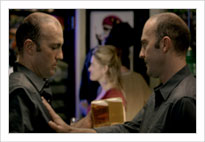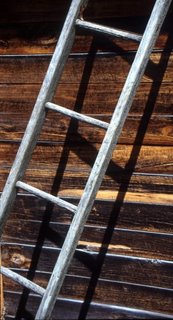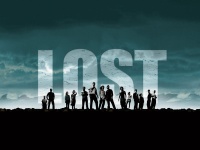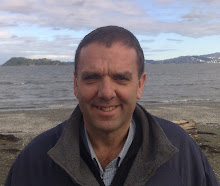
New advertising campaign in print and television is trying to address attitudes to alcohol in New Zealand. The theme is "It's not the drinking - it's how we are drinking" and seeks to link behaviours with outcomes by stressing consequences. Coming from Scotland I am hardly in a position to lecture any culture on its attitude to alcohol.
But for a country which prides itself on a healthy, outdoors, quality of life culture the kiwi statistics are interesting. Remember our population is just over 4 million - which makes some of these figures quite stark.
88 percent of men and 83 percent of women are happy to claim that they are drinkers.
Nearly half the population thinks that it is okay to get drunk.
25 percent of current teenage drinkers admit to having drunk at least five glasses of alcohol
at least once in the last two weeks.
125,000 teenagers under the age of 17 fall into the category of binge drinkers. 75,000 will
drink regularly – once every two weeks – and binge. 50,000 drink at least once a week and
binge, usually with the intention of getting drunk.
635,000 adults drink at least once a week and binge. 785,000 adults drink regularly, often
every day, and with equal regularity binge.
1.2 million drinkers are okay with bingeing or accepting of bingeing and regularly do so.
450,000 of us were binge drinking on our last drinking occasion.
In New Zealand we estimate that alcohol harm costs somewhere between $1 billion and $4
billion a year.
It costs the public health sector $655 million.
It costs in crime and related costs $240 million.
It costs in social welfare $200 million and in other government spending $330 million.
In lost productivity, it costs about $1.17 billion a year.
Alcohol is responsible for 70 percent of accident and emergency hospital admissions.
75 to 90 percent of weekend crime is attributable to alcohol.
One in four women can’t remember what they did while drinking.
The advertisements aim to get New Zealanders to see the connection between getting drunk and the harms that result.
"It's not the fact that we drink that's the problem; the problem is how we drink, that is, the excessive per occasion consumption," says ALAC Chief Executive Officer Dr Mike MacAvoy. "The first step to change is to get people to link that pattern with harms, and at the moment many don't recognise that connection. We're not likely to get behaviour change if no-one thinks it's their problem. So that is what our advertising campaign will do at first.
"New Zealand is a nation that seems to pride itself on the 'save it up for Friday night' style of drinking, the 'we deserve a drink' perspective or consider 'it's a rite of passage that causes little harm'.
Why are we drinking so much? Why are we so accepting of teenagers and students abuse of alcohol?
What is complicated too is working out what is cause and what is effect. If we are serious about addressing the issue we need to be tough on the things which drive people to drink, like poverty and unemployment.
Perhaps after all that - you feel you need a drink.




